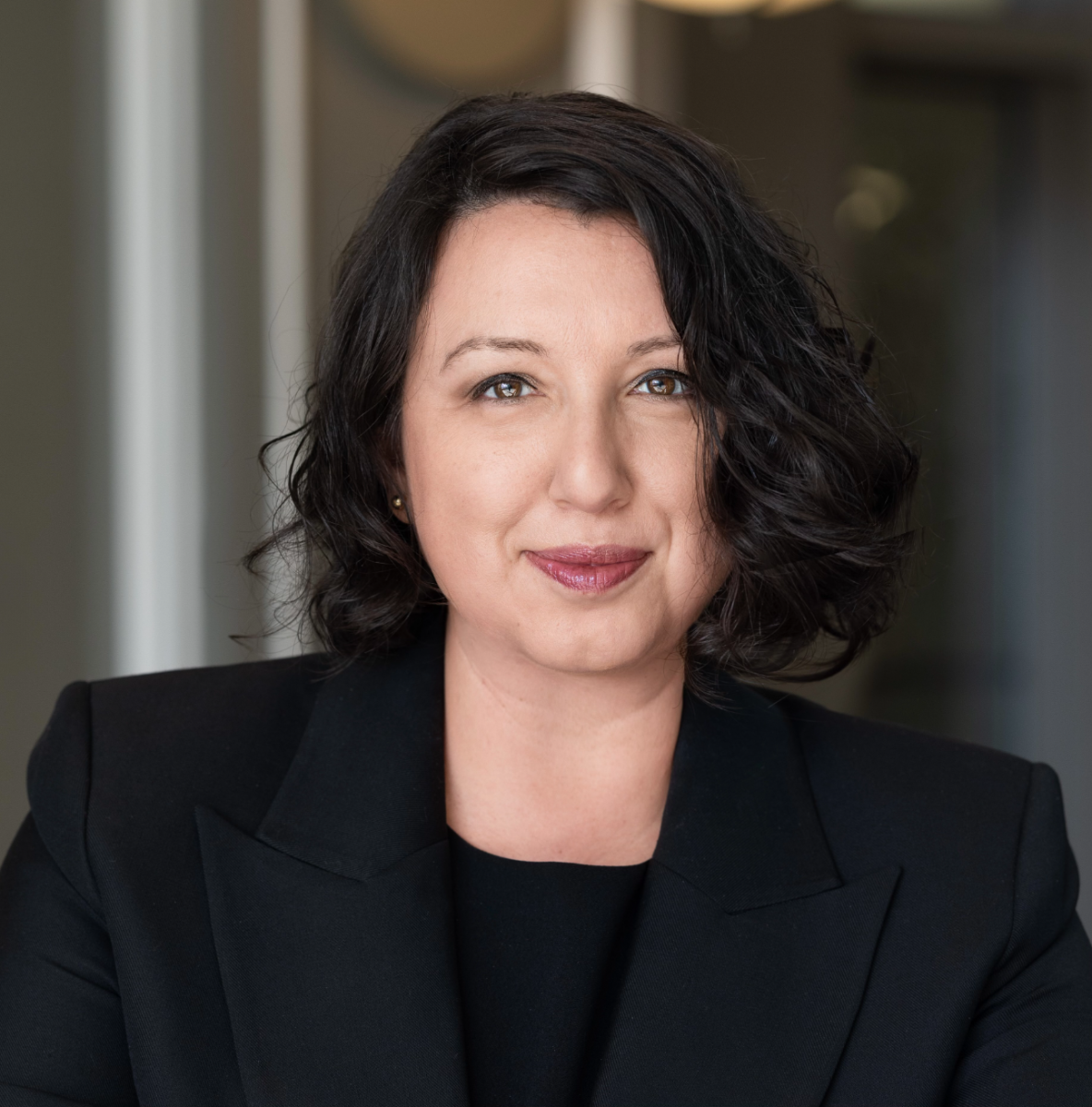A conversation with New York Times bestselling and award-winning author Nicole Krauss was led by Baruch College English professor Jessica Lang on Feb. 27 at the Rosalyn and Irwin Engelman Recital Hall.
Aside from answering questions about the recurring themes in her life and writing, New York native Krauss also read out excerpts from two of her books, one of which included her latest release, Forest Dark and one of her earliest, The History of Love.
Before starting the conversation, Lang began by listing out Krauss’ awards and book nominations.
Krauss most notably won the Anisfield-Wolf Book Award in 2011 for her novel, Great House and France’s Best Foreign Book Prize for her book, The History of Love.
Lang, the department chair, specializes in Jewish American literature, paving the way for an in-depth conversation about the Jewish experience that is so often paralleled in Krauss’ life and therefore her works.
“As a young person,” Krauss began, “My grandparents were all from Europe. They were all Jewish and many of their family members died in the Holocaust, so I grew up with a sense of the possibility of whole worlds vanishing and how quickly that could happen.”
“My grandparents came from a place that sometimes we think of as ‘over there,’ but ‘over there’ is not a place that I could go back to or revisit, so the only access I had to that was imagination and story. There was always in me; a feeling that things could easily get lost and that I had to try to remember to hold on to things,” she continued.
Krauss’s family history serves as an influential template for her work. Most of Krauss’s pieces follow the lives of Holocaust survivors and those affected by catastrophic loss.
The constant reminder of loss and death in her work encapsulates the fleeting reality of life and literature.
“All writing is an effort to capture what is vanishing and everything is always vanishing. Nothing lasts very long and I think we as human beings have this urge and want to capture and record things. Certainly, at the base of the desire to write is this desire to remember and recollect,” Krauss said.
As for aspiring writers who also find this need to capture within themselves, Krauss briefly described the publishing world.
“Maybe this is naive of me, but I still believe after 20 years of being a professional writer that really good things get a chance to be published and read. I don’t believe that they’ll be best sellers. I think it’s still true that a really great book might only ever have a few thousand readers and truly most things that are huge best sellers are not very good,” Krauss stated.
Despite the fact that Krauss is now an award-winning author with nine published novels, her plan growing up did not necessarily include becoming a novelist.
“I wanted to be a poet until I wrote my first novel at 25. I spent my teenage years obsessed with reading poetry,” she explained.
In addition, when asked what she would otherwise be doing if she wasn’t a writer, she said something that might have surprised people.
“I have been saying for 10 years that I discovered dancing too late and I wish I had become a dancer first and then a writer. But in reality, I’ve been, in my mind and in my being, a writer since I was 13 years old and my whole sense of self has been shaped by that aspiration,” Krauss said.
Students and attendants still had more questions for Krauss before the time was up.
Among those attending were members of their own private book club, Joan Baxter and Diane Foster. They heard of the event through a CUNY events email.
They said Krauss had very interesting things to say.
“I read her New Yorker piece, Seeing Ershadi a couple of years ago and our club just
finished reading The History of Love which we all very much enjoyed. After seeing her today we might read another one of her books,” she said.







